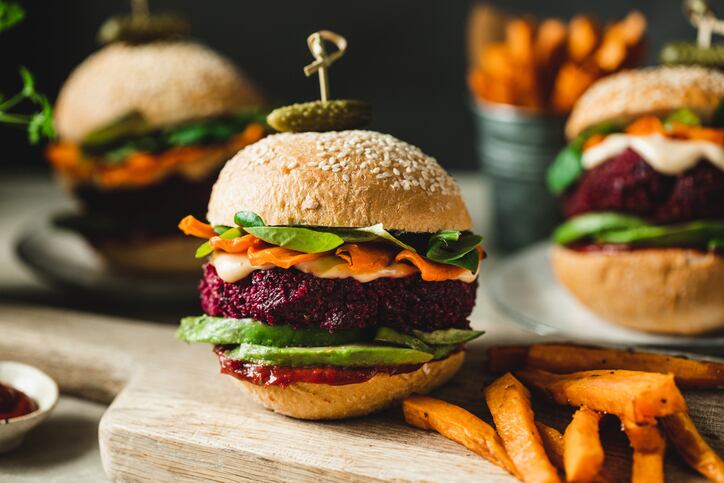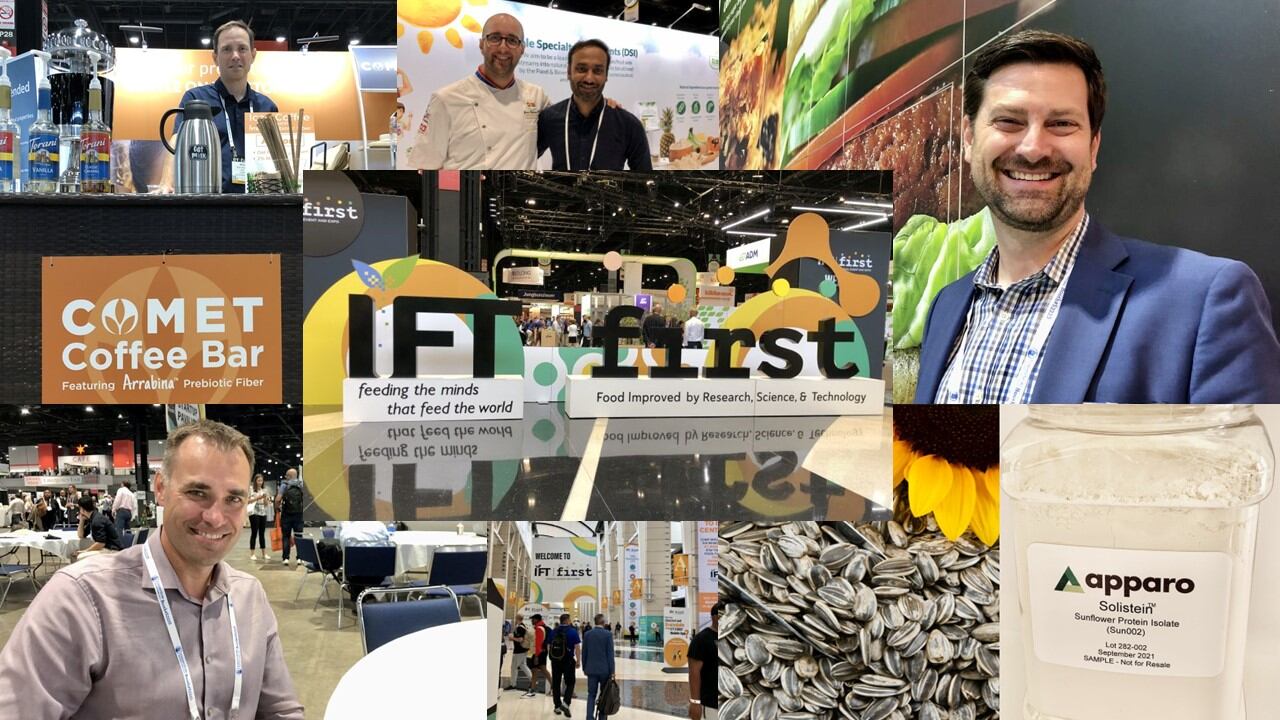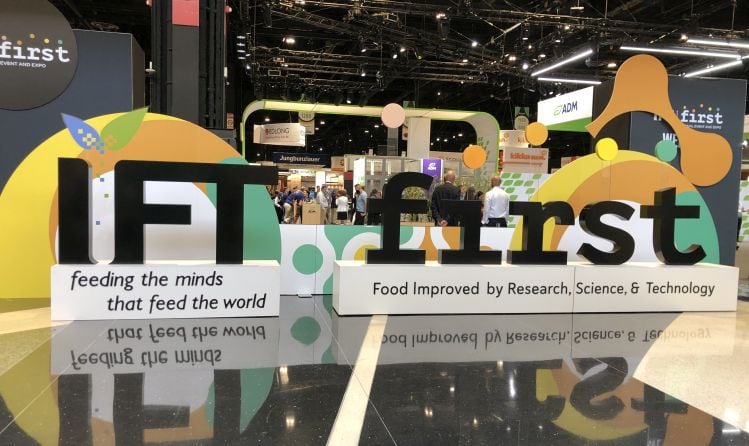One of the most pressing challenges – and threats – facing plant-based products are concerns about clean label and ultra-processing, which data from the trendspotting artificial intelligence platform Spoonshot shows rising sharply in coming years after consumers’ relaxed their standards slightly during the early days of the pandemic.
According to Spoonshot, consumer references about ultra-processed food is still relatively low, especially compared to business references, but both are predicted to increase in the coming year. The AI platform predicts that consumer references will climb 71% in the coming year compared to 2016 – far lower but mirroring the predicted 382% increase in references by businesses.
At the same time, consumer interest in clean-label, which is a more mature and familiar concept, rose 32% in the 12 months to April 2022 and was even higher at 34% for clean label in plant-based in the same time, according to Spoonshot data. The platform predicts this trend will continue with concern about clean label rising 27% in the coming year and clean label concerns specific about plant-based rising an additional 17% in the coming year.
“Consumers are starting to be put off by the long and complicated ingredient lists” on plant-based alternatives that include “a lot of unpronounceable and scary looking words for the uninitiated,” Kishan Vasani, CEO and co-founder of Spoonshot told attendees at the IFT FIRST conference in Chicago last month.
Many of those “scary” and unfamiliar ingredients and additives are used to address other attributes about which consumers are also unwilling to compromise, including flavor and texture, Vasani noted – underscoring the need for suppliers and manufacturers to work together to find and create clean label options that do not sacrifice organoleptic attributes.
Cleaner options
Among the companies that Vasani called out for moving quickly to address this need is IFF, which offers a nutrient-dense hydrocolloid from non-GMO red seaweed called Seaflour that is suitable for plant-based milks and can boost protein, fiber and minerals while also enhancing stability, high-suspension ability and a smooth mouthfeel.
Another common ingredient that can turn-off consumers is methylcellulose, which supports gelling and adhesion, noted Vasani. He added that citrus fiber from making juice is a natural ingredient that can fulfil many of these benefits.
Many artificial colors and dyes used to enhance the appearance of plant-based meat are also a turnoff for consumers, but with Lycored’s heat stable, clean label reds, including ResoluteRuby, made from lycopene and beta-carotene, manufacturers can replicate the bright red center of beef that many consumers want but with a clean label alternative, Lycored marketing manager Caroline Schroeder told FoodNavigator-USA at IFT.
Enhancing nutrition and moisture
Beyond cleaner labels, consumers are also seeking plant-based meat alternatives with better nutritional profiles, including higher protein and lower saturated fat, but they are unwilling to sacrifice the layers of texture or burst of juice that are often associated with less healthy products on the market.
Several companies at IFT showcased solutions to enhance moisture retention and nutrition, including Nura’s Bestein vegan protein line, which includes an 80% pea protein that works with high moisture retention technology to establish a retention ratio of 1:4:4 to retain oil and water better than conventional pea protein.
“What is a great point is that we have the opportunity to customize the gel strength and sodium levels for our pea proteins,” Caydie Carrizosa, marketing manager for Nura, told FoodNavigator-USA, adding, “This is very important to some formulators who use HME technology.”
Nura’s nutritional fermented yeast protein is another high-quality, vegan bioavailable protein that can aid moisture retention, Carrizosa said. She explained it contains more than 80% protein with all nine essential amino acids and is a good source of B vitamins, minerals and fiber.
Kemin also promoted its recently acquired Proteus ingredient as a moisture retention solution that is now available for plant-based products.
Courtney Schwartz, marketing director at Kemin Food Technologies, explained that as a micro-barrier technology, Proteus helps keep moisture in the product but can also reduce fat absorption upwards of 20% to 30% when products, like plant-based chicken tenders, are fried.
By improving moisture retention, Proteus also can increase hold times under heat lamps or in reheating in foodservice, helping to reduce food waste, which can reinforce companies’ sustainability goals, Schwartz said.
For each of these ingredients, suppliers are willing to work with manufacturers to find the best formulation solution so they can offer consumers uncompromised taste, texture and appearance and also enhanced nutrition, shorter ingredient lists and overall cleaner labels.




